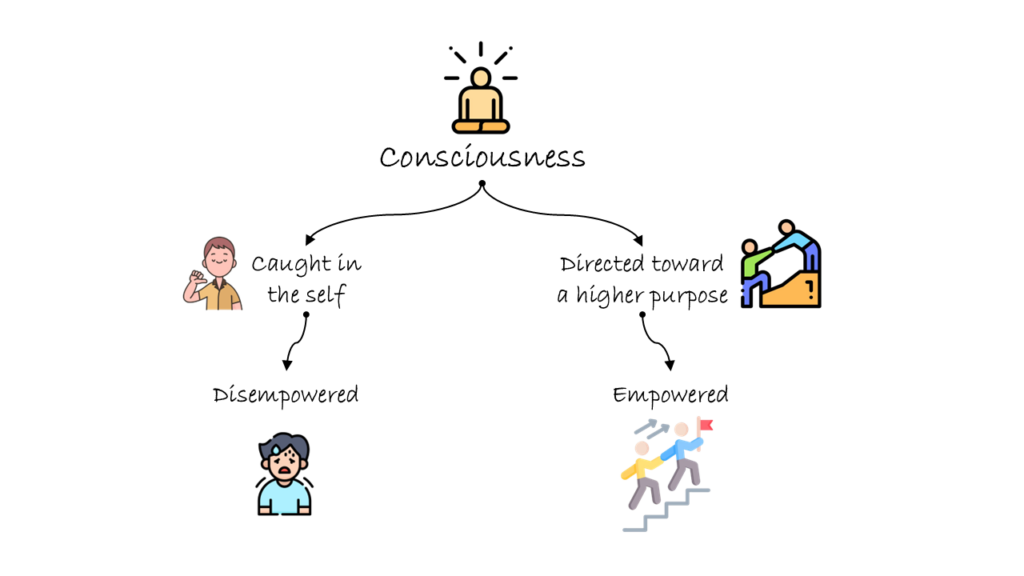
Whenever we become excessively self-conscious, we tend to worry too much about how others see us, what they think about us, and what they might say behind our backs. While some level of awareness about others’ perceptions can be helpful for self-improvement, becoming overly conscious can overwhelm and paralyze us, or at least distract and discourage us.
The pitfalls of excessive self-consciousness
For instance, if we are sharing an important message, worrying too much about what others think can impede our ability to convey it effectively. Instead, if we focus on the importance of the message—such as delivering crucial medical information during a health crisis—we would prioritize the lives being saved over our appearance or presentation style.
Similarly, in daily life, learning to focus on what truly matters helps decrease unnecessary self-consciousness.
Embracing a higher purpose
Ultimately, whatever role we play in life is not by chance. There is a higher plan operating in the world and in our lives. We are where we are as part of that higher plan, with a role to play within it. Whether or not we think we are competent does not matter as much. What truly matters is that we are the person meant to play that role at that moment.
The Bhagavad-Gita (15.7) reassures us that we are eternally parts of God, which means we have a significant role in his plan. By focusing on how to best play our part in this higher plan, we can transcend self-consciousness. Service consciousness—rooted in understanding that we are instruments of a higher purpose—helps us rise above the limitations of self-consciousness.
Summary:
- Self-consciousness paralyzes and disempowers us by fixating our attention on what others think, which is beyond our control.
- Consciousness of a higher purpose liberates us, enabling us to rise above self-consciousness and perform better.
- By realizing that we are parts of God and have a role in his plan, we can transform self-consciousness into service consciousness.
Think it over:
- Reflect on an occasion when self-consciousness paralyzed or disempowered you. How can you plan to prevent such occurrences in the future?
- Recall an instance when focusing on a higher purpose helped you overcome self-consciousness.
- How can bhakti wisdom empower you to transcend self-consciousness and embrace service consciousness?
***
15.07 The living entities in this conditioned world are My eternal fragmental parts. Due to conditioned life, they are struggling very hard with the six senses, which include the mind.



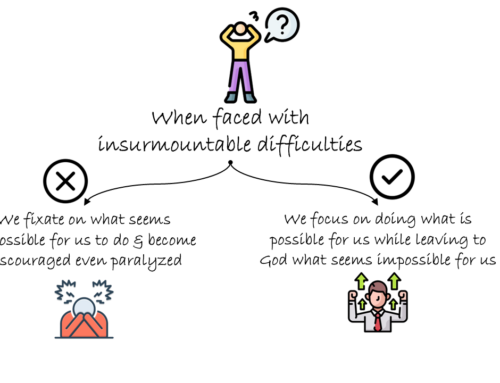

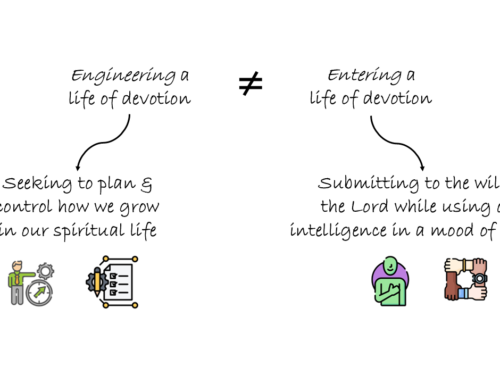

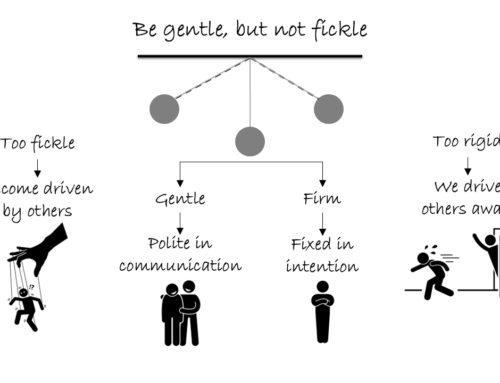
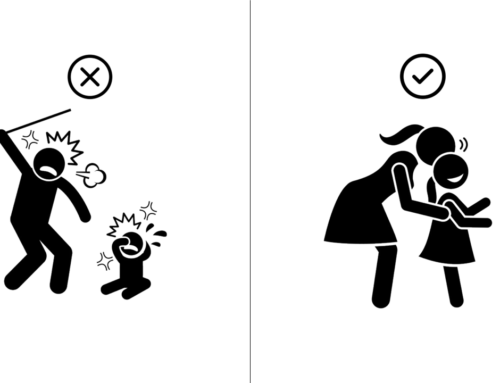
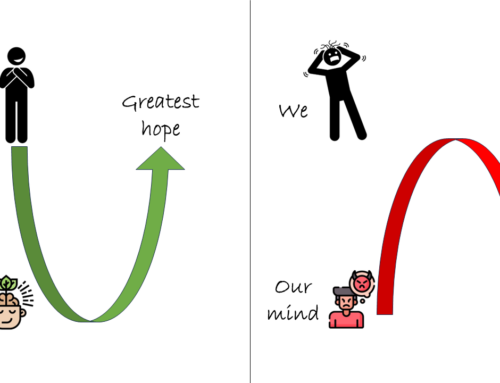
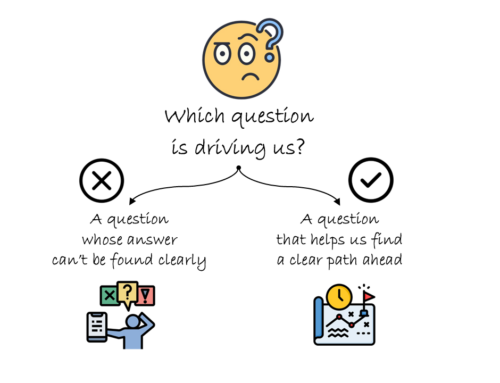
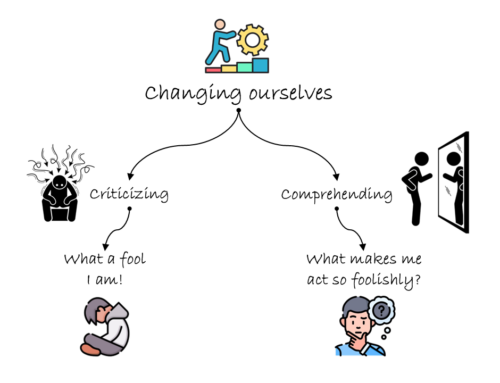
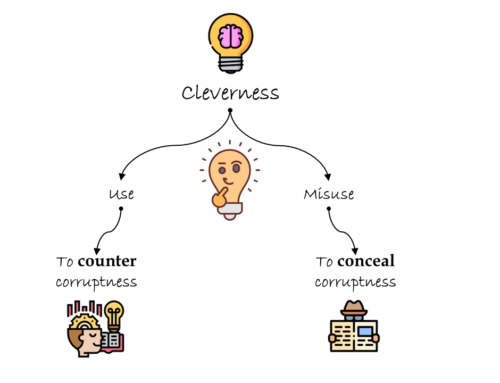
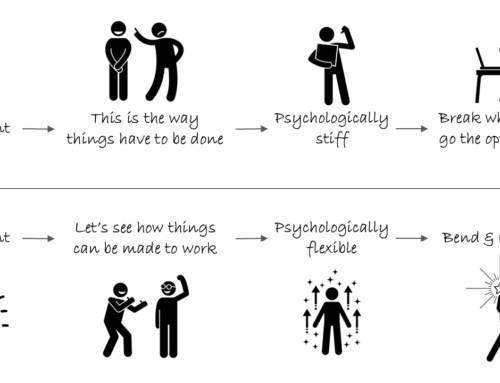
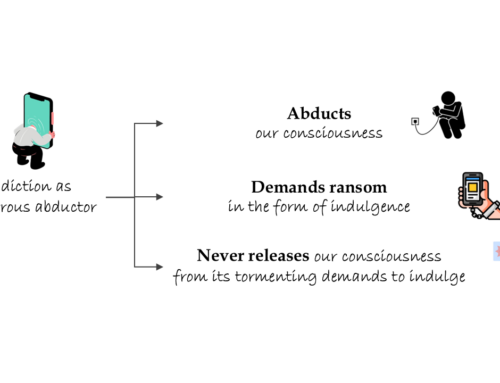
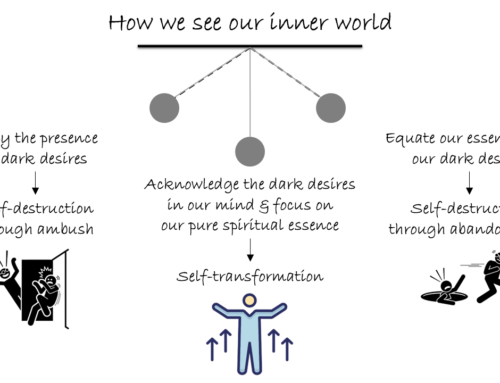
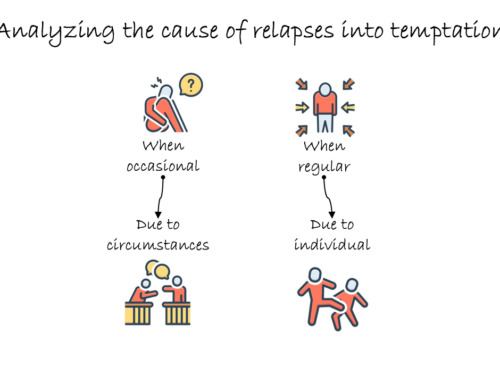
Leave A Comment